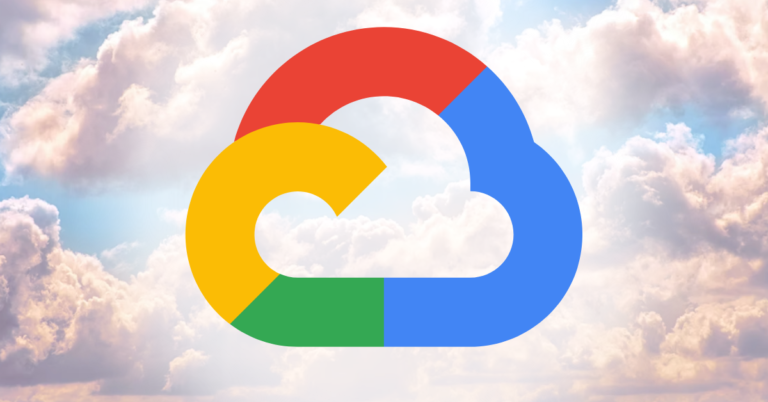Altinity.Cloud® Extends to GCP

We launched Altinity.Cloud a year ago, providing the first-ever fully managed ClickHouse® service in AWS. Since then we have continued to improve the product. Today, we are happy to announce Altinity.Cloud at Google Compute Platform, the first-ever multi-cloud managed ClickHouse offering!
Altinity.Cloud History
ClickHouse cloud service was one of the initial ideas in the Altinity roadmap back to early 2017. But it was not until the summer of 2018 when we started to work on a management console for ClickHouse clusters. The first version of a management console could only deploy a configuration to a set of ClickHouse hosts. While it was very far from a service or an enterprise-level application, that was a significant first step. That time, ClickHouse was a toy for geeks and pain for early adopters.
In 2019 integrated the management console with AWS using terraform to provision cloud resources. We have also recognized Kubernetes as a new way of distributed applications orchestration, and created a clickhouse-operator for Kubernetes — now a well-recognized Open Source project. Those two paths merged together in early 2020, when we started to manage ClickHouse clusters in Kubernetes with what-will-become the Altinity.Cloud management console (ACM). Since then we have matured Kubernetes and cloud support, focusing on security, performance, ease of management at scale, and UI features. Finally, Altinity.Cloud on AWS went live in October 2020.
Over the past year, we learned a lot about operating ClickHouse clusters in Kubernetes and AWS. Dozens of ClickHouse clusters found their home in Altinity.Cloud. Altinity passed SOC2 Type I certification. We conducted numerous security reviews and PEN tests to make sure Altinity.Cloud is a secure and reliable solution for our clients. That work helped us to start extending it to other cloud providers.
GCP Support
Bringing GCP support to the world was arduous. We decided to change how we manage our infrastructure in order to make it more reliable and scalable long term. Our cloud engineers spent two months testing and prototyping different approaches. In the end we found a path that extended our product fastest into GCP. We decoupled cloud provider specific logic from the rest of the infrastructure, and thus minimized changes to the management console and other components. Altinity.Cloud is a true cloud agnostic solution. We use the same processes, infrastructure and most of the code across different cloud providers.
When implementing GCP support, we had to learn how to use GCP effectively. AWS provides a number of popular database services, and we conducted several benchmarks against Amazon Redshift in the past. With Google, it was a terra incognita in the beginning. We researched instance types, storage classes, networking, and other features. We are confident now how to make the best use of GCP resources for ClickHouse, and happy to share them with Altinity.Cloud users.
Past, Present and Future
It’s in Altinity DNA to be the first. We were the first who provided ClickHouse support to enterprise clients, we were the first who organized ClickHouse trainings and recorded comprehensive technical webinars, we were the first who created an open Altinity Knowledge Base for ClickHouse, we were the first who build ClickHouse RPMs back in 2017. We certified ClickHouse for production use with Altinity Stable Releases a year after that. This year we followed up with Altinity Stable builds, the first production-ready, open source ClickHouse distribution with long-term maintenance. Cloud adoption is no exception. We were first in Kubernetes, we built the first managed service in AWS and now we run in GCP.
So, we welcome ClickHouse applications to Altinity.Cloud in GCP. Since we have just launched, the service will be in beta for the next few weeks. We are therefore happy to give 30 days of free trial for Altinity.Cloud in GCP. We will enable self-service shortly. Meanwhile please contact us at info@altinity.com if you are interested to try it out now.
ClickHouse® is a registered trademark of ClickHouse, Inc.; Altinity is not affiliated with or associated with ClickHouse, Inc.
